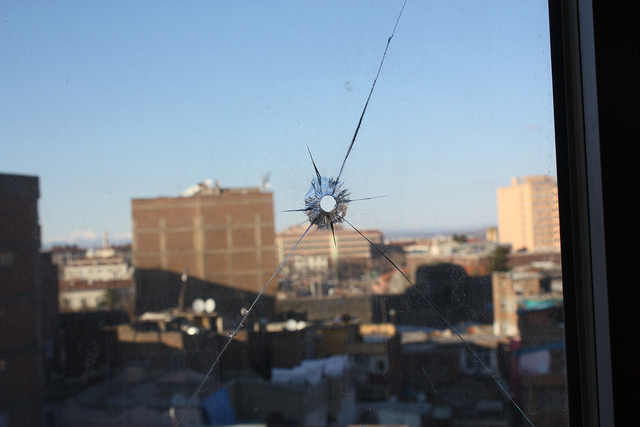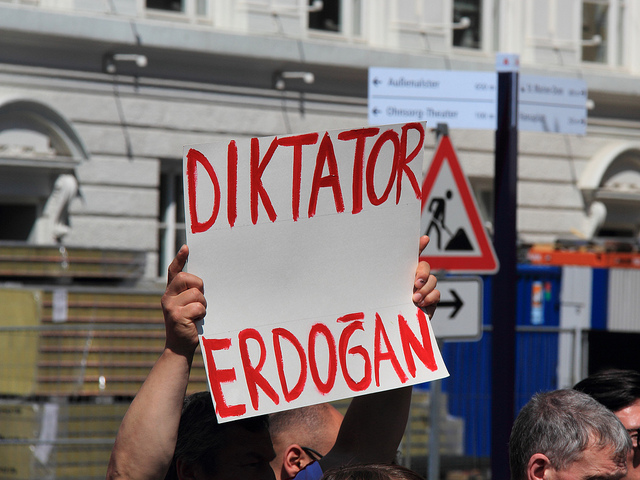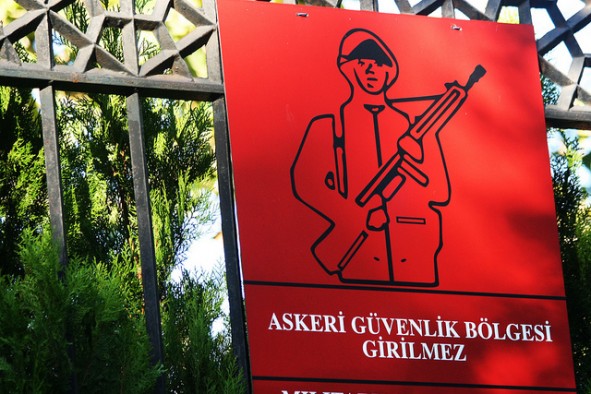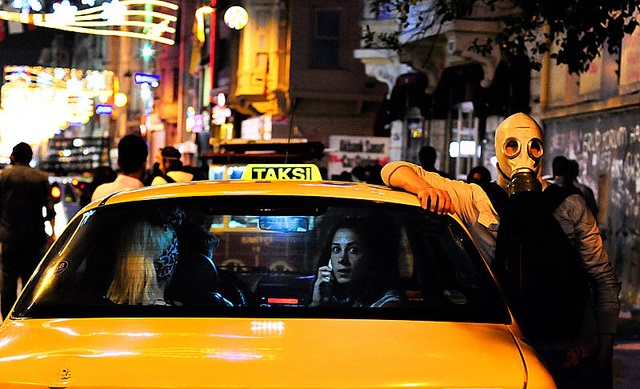An image remains in my mind that encapsulates Turkey’s second election day this year. Especially within the pro-government AK Parti (AKP) strongholds of Istanbul, such as Beykoz. As we sat in the café of the regional elections centre, watching television, and waiting for the vote count to slowly arrive, every time a Turkish or Kurdish member of the left-wing HDP (People’s Democratic Party) delegation rose from their seat, the police in the room would laugh. (More…)
Author: Mel PlantMel Plant is a student of Arabic and Turkish at SOAS, University of London. She is also editor-in-chief of The SOAS Spirit. Her research interests include Kurdish and Palestinian politics, Syrian refugees in Turkey, and the politics of land and ethnicity in Turkey.
Mel Plant is a student of Arabic and Turkish at SOAS, University of London. She is also editor-in-chief of The SOAS Spirit. Her research interests include Kurdish and Palestinian politics, Syrian refugees in Turkey, and the politics of land and ethnicity in Turkey.
The AKP’s growing neoliberal authoritarianism can be viewed most succinctly within the period between 2015’s two elections. Suruç’s re-opening of Kurdish guerrillas’ conflict with the state was used by the AKP as an opportunity to punish Kurdish citizens for their subversion of voting norms. (More…)
Several Turkish and Kurdish cities are successful recruiting grounds for ISIS, in particular the capital Ankara and the majority-Kurdish city Adıyaman. Despite the AKP government heavily publicising their raids and arrests of alleged ISIS members, lax border controls are obvious. (More…)
I’m absorbing the Kurdish equivalent of propaganda when the background noise changes from People’s Democratic Party (HDP) ads to the orchestral movements of poorly-acted dramas. (More…)



